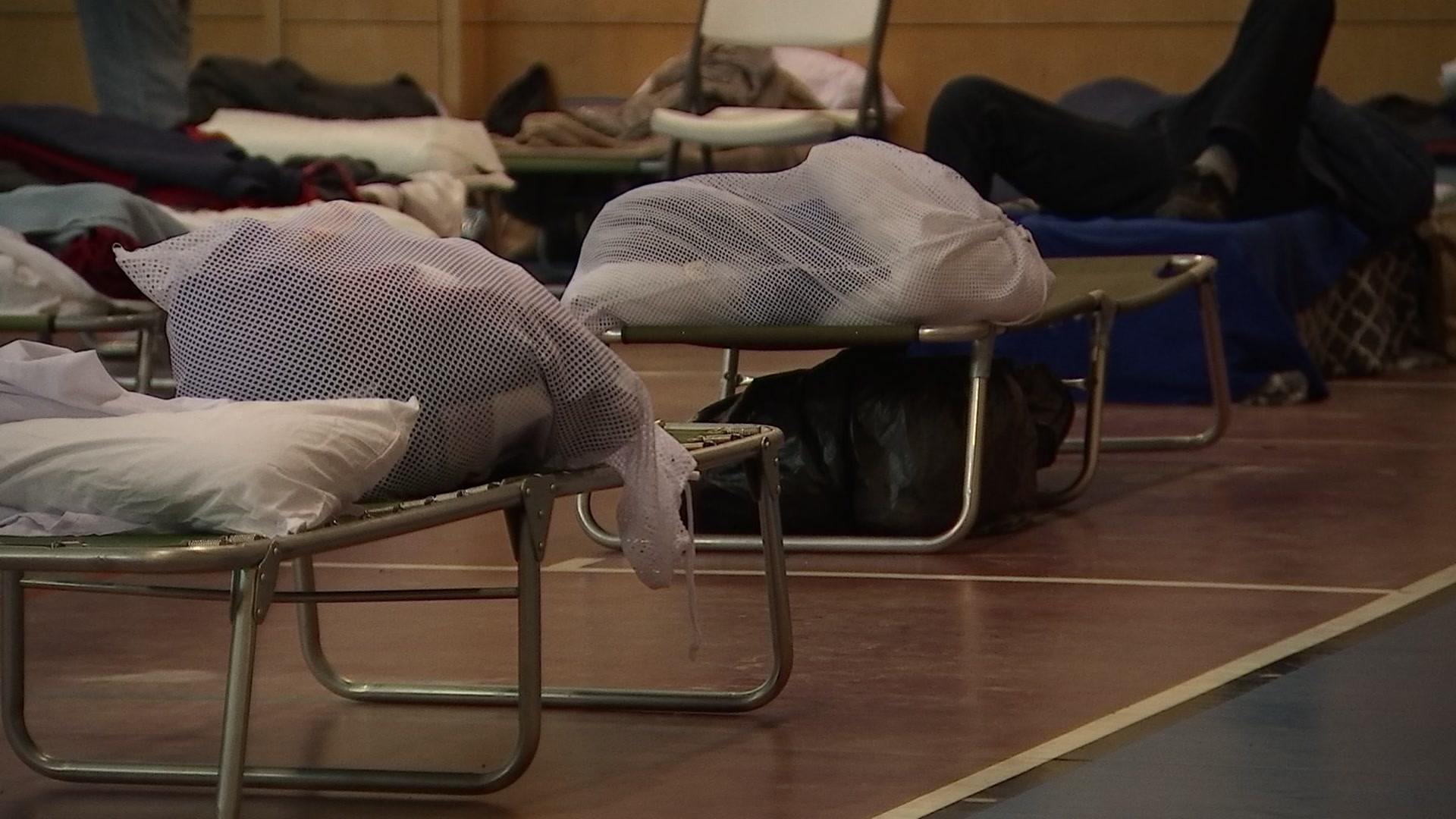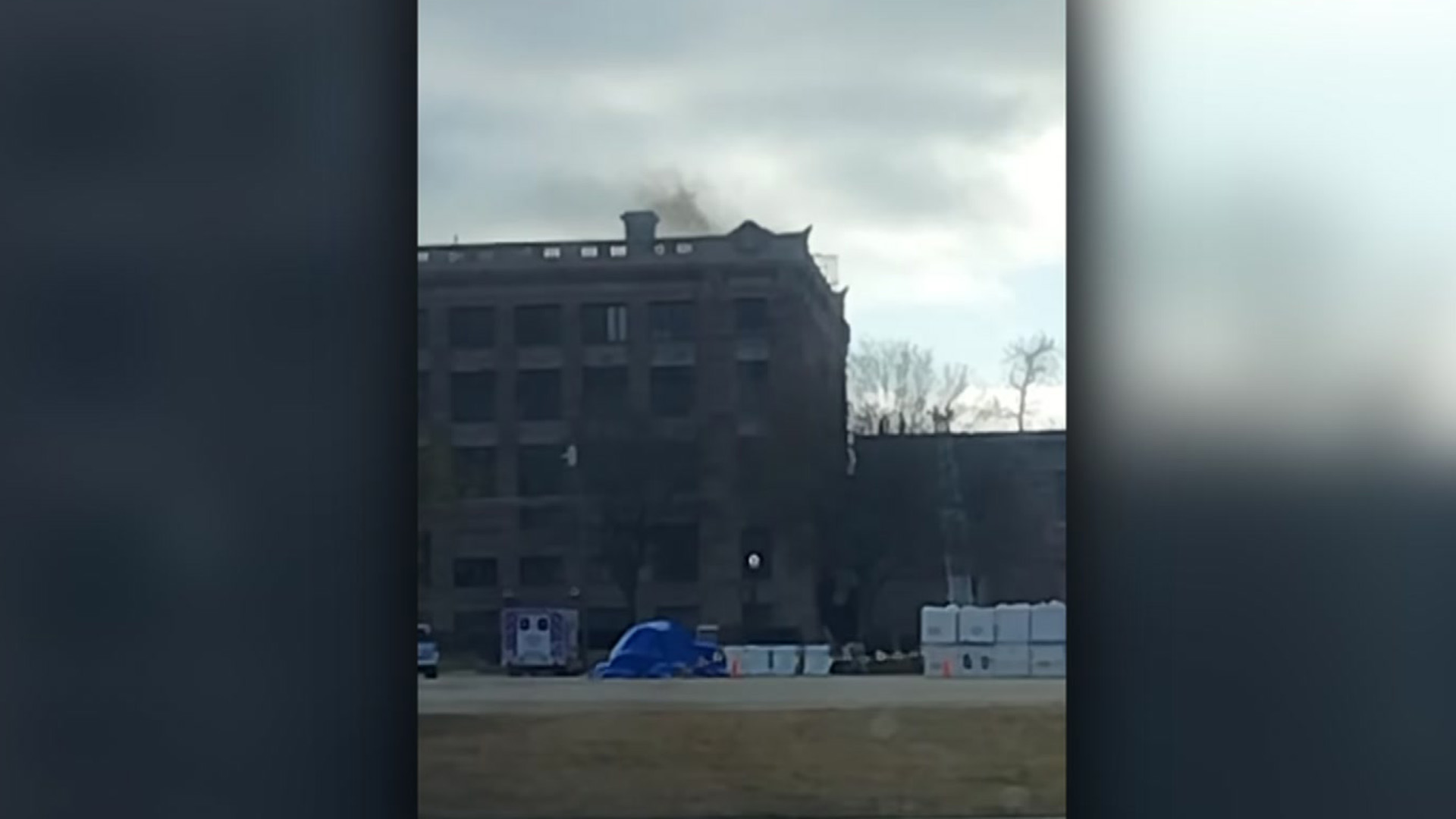Infusions of monoclonal antibodies are one of the few treatments with promise to keep people with COVID-19 from getting so sick, they wind up in the emergency room.
Researchers from Baylor University Medical Center recently published findings from their latest study, proving that monoclonal antibodies reduce hospitalizations among patients at high risk of complications from COVID-19.
Dr. Robert Gottlieb of Baylor University Medical Center and a lead author of the study says those given a combination of antibodies in the first few days of their illness had lower levels of virus days later and were less likely to visit the hospital than those given a placebo.
The research, which was funded by Eli Lilly, was published in the peer-reviewed Journal of the American Medical Association.
"We are moving beyond the stages of promise and into evidence-based therapy," said Dr. Gottlieb.
He says Eli Lilly's synthetic antibodies reduced hospitalizations among people at high risk of complications like those with obesity or diabetes or over age 65.
They received infusions within the first few days of their illness.
Local
The latest news from around North Texas.
"When you're already hospitalized, you're already too sick to receive the benefit," said Gottlieb.
Earlier studies had already prompted the FDA to authorize antibody infusions for people in high-risk categories.
On January 11, two state-sponsored COVID-19 infusion centers, one in Irving and one in Fort Worth, opened up for patients.
Both have the ability to treat 50 patients a day, but according to the Texas Division of Emergency Management, only 85 people have been treated at both locations combined.
A TDEM spokesperson says the use of the facilities "is contingent upon the referral of patients from doctors across the region," and Gottlieb believes too few people are aware of the treatment's availability.
"We hope that it would gain the right attention but it may require asking your primary care doctor, 'Hey have you heard about this data? Here's what I heard,' because it's really by communication that the knowledge has advanced," said Gottlieb.
According to the North Central Texas Trauma Regional Advisory Council, patients for the infusions at the two North Texas locations must be referred by a physician, nurse practitioner or PA.
There is no “walk-in” availability; all treatments must be scheduled in advance
Infusions utilize monoclonal antibody treatments including Bamlanvimab or the Regeneron Cocktail (Casirivimab & Imdevimab).
This is a state-funded operation and there is no cost to the patient.
The goal of the COVID-19 Therapeutic Regional Infusion Centers is to prevent ER visits and hospitalizations for qualifying patients who test positive for COVID-19.
The state encourages those who test positive for COVID-19 to have a conversation with their treating physician and ask if this treatment is right for them.
The state is also operating COVID-19 Therapeutic Regional Infusion Centers in the following cities:
El Paso - 1,053 doses administered
Laredo - 221 doses administered
Harlingen - 696 doses administered
Lubbock - Friday is the first full day of operation
Austin - 245 doses administered
For information on the North Texas COVID-19 Infusions centers and a referral form, visit here.
To find a COVID-19 Therapeutic Provider near you, visit meds.tdem.texas.gov.
Want to Get on a Vaccine Waitlist?
County health departments have launched waitlists for adults 16 years old and over.
You can register to recieve the vaccination in Collin, Dallas, Denton and Tarrant counties. Links are below:
Waitlist Links: Collin - Search Waitlist | Dallas | Denton | Tarrant
You do not need to be a resident of the county to register for a COVID-19 vaccine in that county -- registration is open to anyone in Texas. For those without internet access, Tarrant County is also taking registrations by phone at 817-248-6299. In Dallas County, call the DCHHS vaccine hotline at 1-855-IMMUNE9 (1-855-466-8639). In Denton County, call 940-349-2585.
For a more detailed breakdown of who is included in each priority group in Texas, see this page from the Texas DSHS.
Texas COVID-19 Vaccine Distribution
Data from the Texas Department of State Health Services shows where COVID-19 vaccines have been sent around the state. Click on a marker to find out information about each location. Use the "plus" and "minus" signs below to zoom in and out of the map.
From the Texas DSHS: Availability of COVID-19 vaccines lilsted on this map are based on shipping information and reporting to the DSHS directly by facilities. Please contact providers in advance to confirm vaccination location and hours, that they have vaccine on hand and that you are eligible for vaccination at that site. Not all providers are vaccinating the public or people in all priority groups. Vaccine is available at no charge, regardless of insurance status.
*Map locations are approximate, central locations for the city and are not meant to indicate where actual infected people live.
Get top local stories in DFW delivered to you every morning. Sign up for NBC DFW's News Headlines newsletter.




